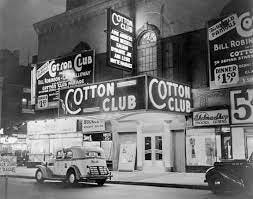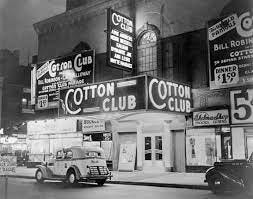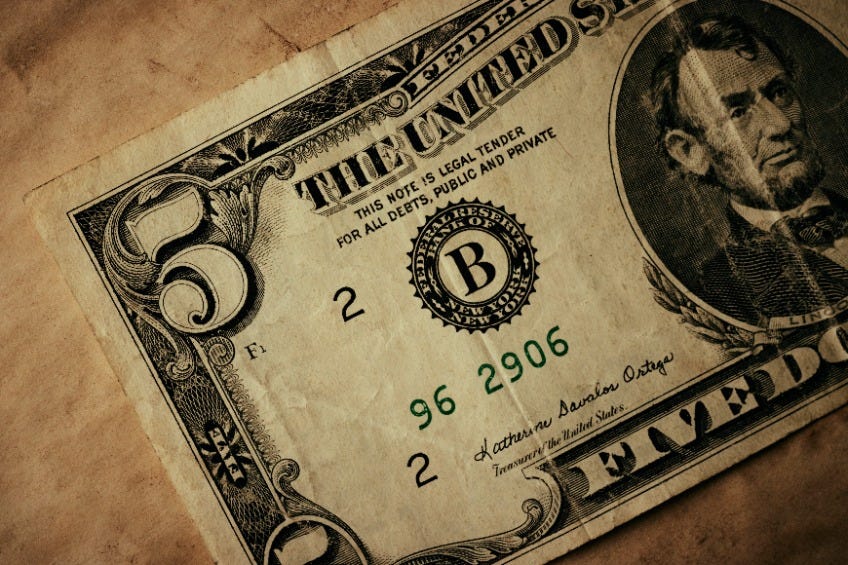Issue #497 Today In Black History, Monday, February 12, 2024
Today’s Black History WOW!
Photo Credit: Britannica
The Harlem Renaissance was a cultural and intellectual movement that took place in the 1920s and 1930s in the Harlem neighborhood of New York City. During this period, Harlem became a hub of creativity and talent, attracting Black artists, writers, musicians, and intellectuals from all over the country, including literature, poetry, music, theater, and visual arts.
Some of the most prominent figures of the Harlem Renaissance include writers such as Langston Hughes, Zora Neale Hurston, and Claude McKay, whose writings shed light on the social, political, and economic struggles faced by African Americans, while also celebrating their resilience and creativity.
Music played a pivotal role in the Harlem Renaissance, with jazz becoming the soundtrack of the era with musicians like Duke Ellington and Louis Armstrong performing in clubs and speakeasies that became cultural hotspots.
The Harlem Renaissance also embraced visual artists, such as Aaron Douglas and Augusta Savage created pieces that challenged traditional notions of art and aesthetics.
The movement had a profound impact on American society, as it confronted racial stereotypes and opened doors for African American artists to gain recognition and success.
The Harlem Renaissance paved the way for future generations of Black artists, who continue to shape and redefine the cultural landscape.
Today In Black History
- In 1793, the first Fugitive Slave Law was passed in the U.S. Congress.
- In 1865, Rev. Henry Highland Garnet became the 1st African American minister to preach before the U.S. House of Representatives.
- In 1900, “Lift Ev’ry Voice and Sing” was first performed by 500 school children in Jacksonville, Florida, in celebration of the birthday of President Abraham Lincoln.
- In 1909, the National Association for the Advancement of Colored People (NAACP) was founded.
- In 1948, 1st Lt. Nancy C. Leftenant became the 1st Black member of the regular Army Nursing Corps.
The “Comments” feature has been disabled. Instead, let’s discuss these facts in our community on Substack Notes. You can also read other Substack publications without subscribing to them when you join Notes.
This post is free to read/listen to for three days after publication. To have 365 24/7 access to all our posts and podcast episodes and financially support “We Are Speaking” for no more than $5 per month, please subscribe at the paid level. You will receive a 7-day FREE trial!






